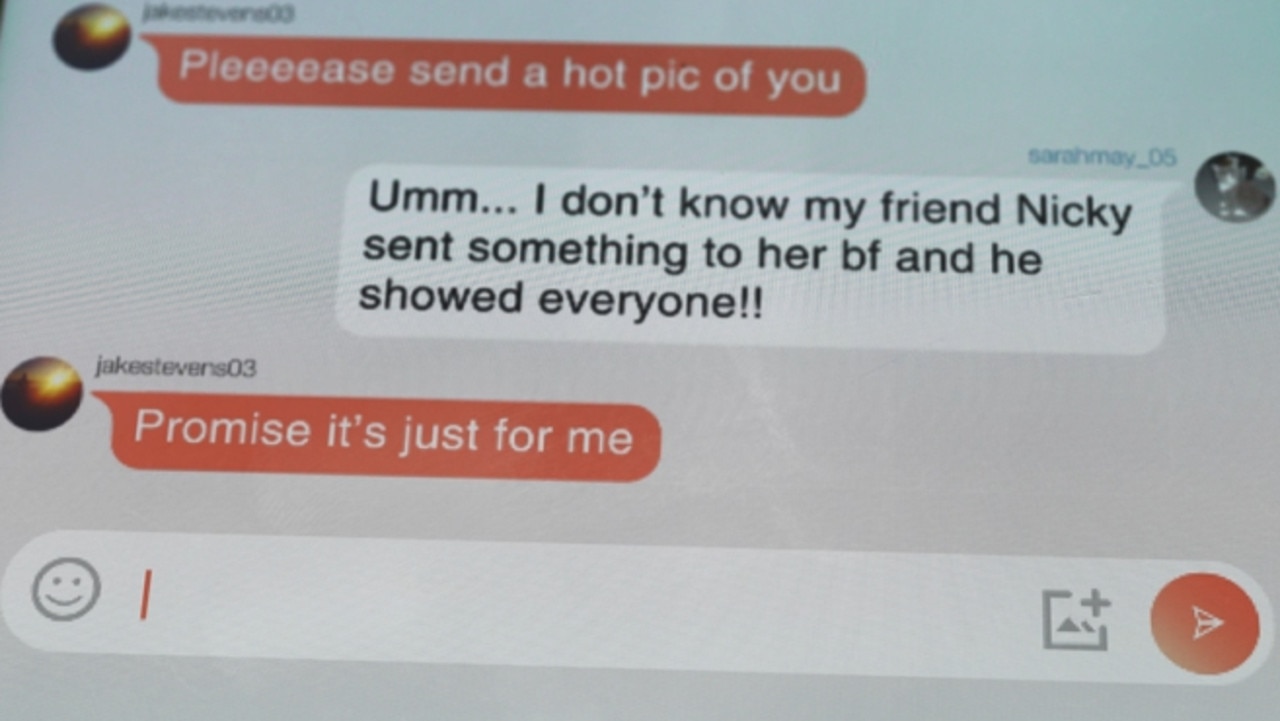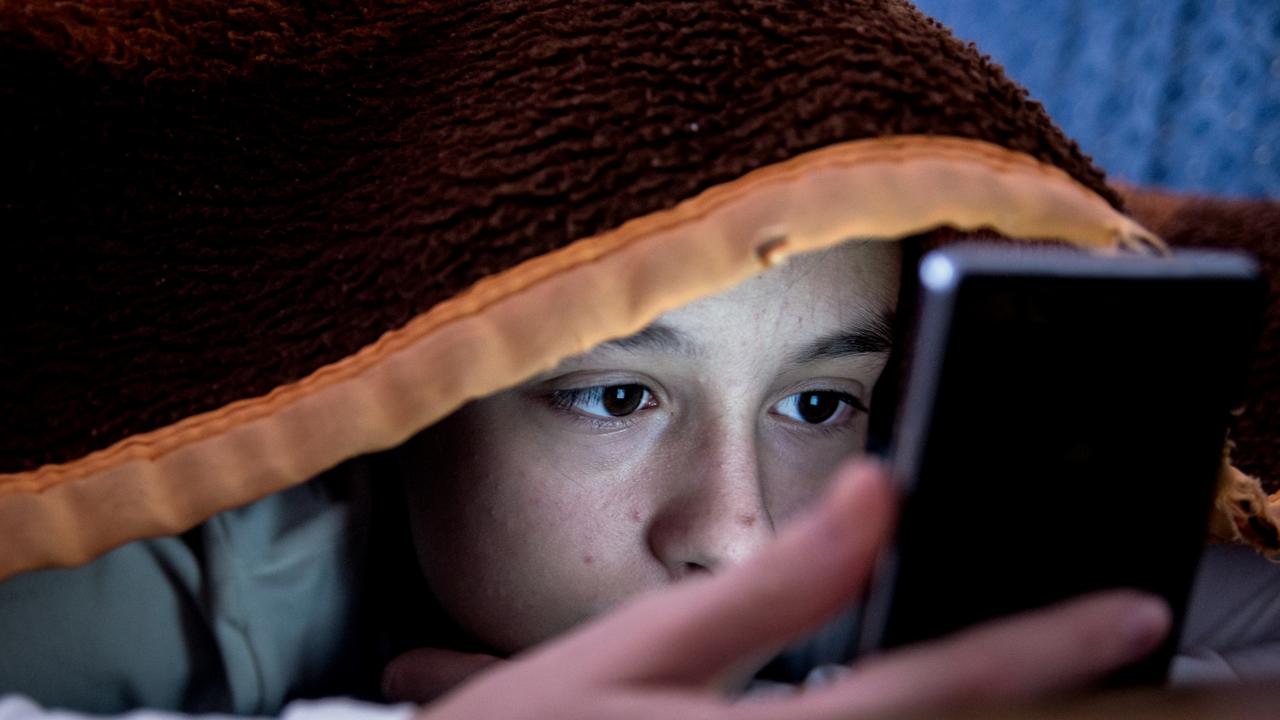How to keep your kids safe from online sex predators on popular apps and games
In one year alone, Australian authorities received more than 33,000 reports of online child sexual exploitation. Here’s how to help protect your children.
Predatory
Don't miss out on the headlines from Predatory. Followed categories will be added to My News.
With the rise in popularity of apps such as TikTok, Snapchat, Kik and games like Roblox and Minecraft, child sex predators have come up with different ways to target kids.
The Australian Centre to Counter Child Exploitation is a great resource for parents and carers of young people who are using social media apps and sites to help keep them safe.
In one year alone, the ACCCE received more than 33,000 reports of online child sexual exploitation, which ranges from children being convinced to send nudes or sexually explicit videos to predators, to “sextortion”, where they threaten to share pictures publicly unless you pay.
“Unfortunately it can be easy for someone to lie about their online identity and it can be difficult to prove someone is who they say they are,” ACCCE states on its website.
“Challenges such as self-generated child sexual abuse material, inappropriate contact, online grooming, and coercion and extortion can take place on any interactive app or site.”
Basically, your children should not engage online with anyone they don’t know in “real life” because while they might think they are messaging someone their own age, they are actually predators with fake accounts posing as youngsters.

LISTEN TO THE PREDATORY PODCAST BELOW:
Parents and guardians might think online gaming is safe enough and easily monitored but child sex offenders are known to target young people playing these games by contacting them in the messaging apps, such as Discord, which are built inside these games.
Many social media apps like TikTok and Instagram share the same risks – comments are open to the public, direct messaging is available and location services are activated, making it easier for predators to get in contact with children or know where they are.
And for something like Snapchat, where users believe messages “disappear” after they are viewed, these can be screengrabbed or saved by other users, including predators pretending to be youths themselves.

There are some basic safety rules which should be followed to ensure children and youths are safe online.
Before you even delve into apps, go to your child’s tablet or phone device settings and remove geotagging so location, date and time data cannot be accessed.
Make sure all location services are turned off for apps, too.
PROTECT THEM
Here are some tips on what to do when setting up social media accounts for children:
• Set strong privacy settings which limit access to the public This way, new friends and followers will need to request access to the account.
• Children should only accept friend requests from people they have met.
• Direct message settings should be limited to friends only. Do not engage with an unrecognisable user.
• Tagging positions and mentions should be set as “people you follow” or “no one” so pictures or videos of your child are not posted publicly.
• Be aware of posting and tagging that gives away locations. Only post a location once you have left the area.
• Turn off “activity status” options.

• When writing the profile bio, do not include any identifying information like date of birth, school or full names. Choose a username which won’t identify them by location.
• Be wary of allowing your child to interact with anyone in the comments section of any public pages. Online sex offenders can use these forums to find potential victims.
• Be careful about “stories” posted on apps like Snapchat or Instagram. These can be saved by other users by screen capturing on devices.
• For more information, go to the Australian Centre to Counter Child Exploitation (accce.gov.au) or ThinkUKnow Australia (thinkuknow.org.au).
OTHER APPS TO MONITOR AROUND CHILDREN
Omegle: a free online chat website (optimised for mobile) that pairs two random users together in a text and/or video chat.
Yubo: like Tinder for teens to connect.
Addchat: lets you chat and share images with random strangers.
airG: a social chat and dating service where you can meet new people in your area.
AskFM: a social media service based on asking and answering questions, in which posts can be anonymous.
BeReal: a photo sharing app that prompts you to share an unfiltered photo of yourself and your immediate surroundings once a day.
Source: ESafety Commissioner
For more details about the Predatory podcast, go to predatory.com.au
Originally published as How to keep your kids safe from online sex predators on popular apps and games






